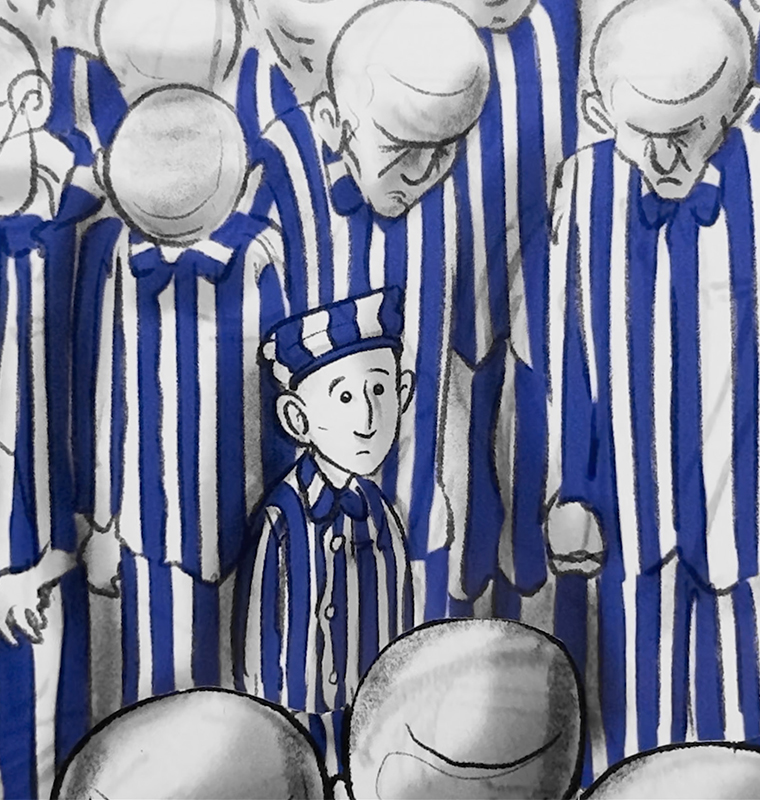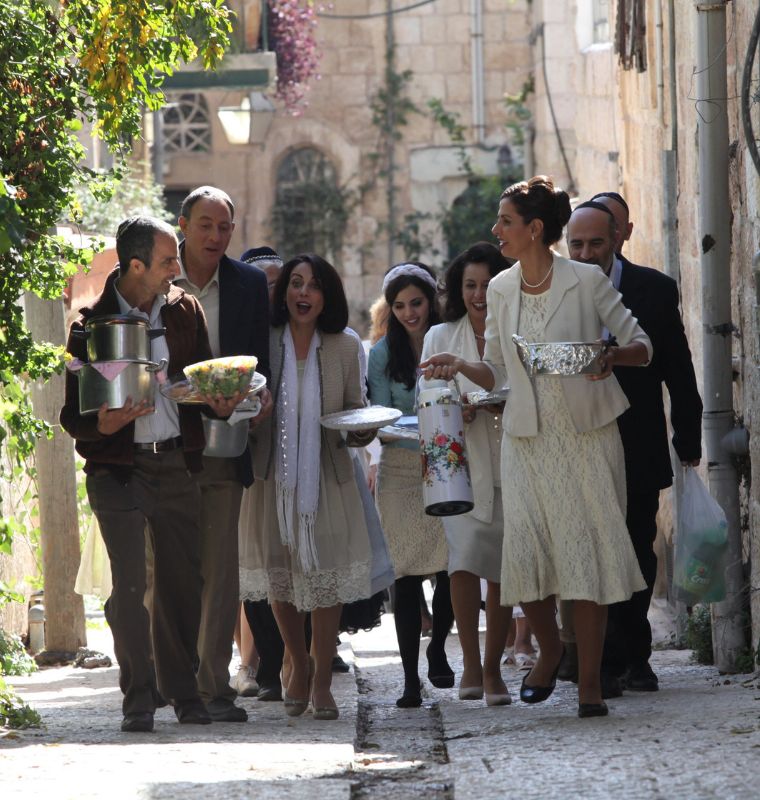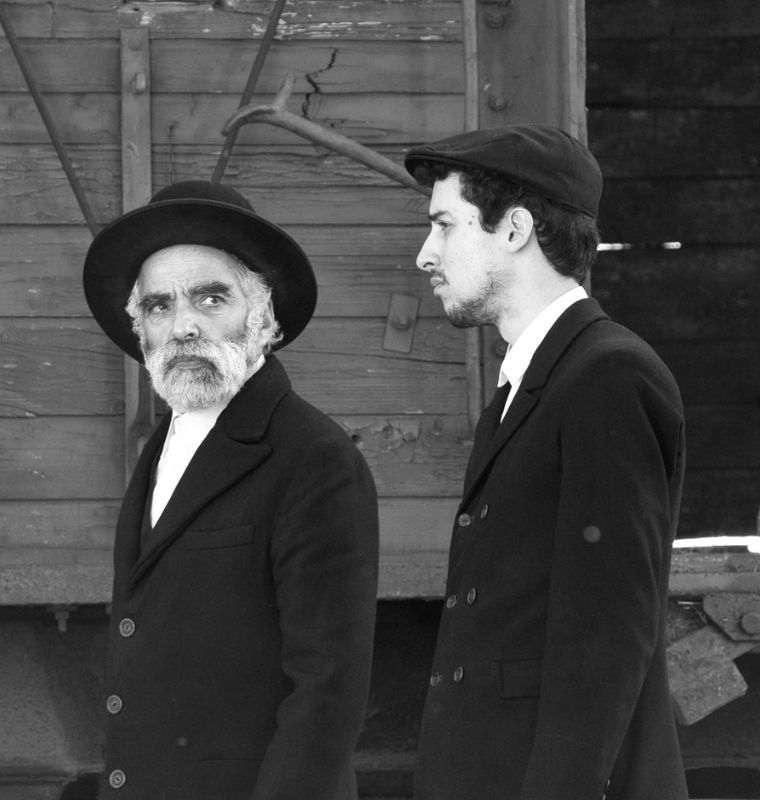The Names of Love | Summer Film Series

The Names of Love revitalizes the romantic-comedy genre with its poignant, yet humorous discussion of cultural identity and multigenerational trauma. Through its quirky coupling of the liberal, bubby, and willful Baya Benmahmoud (Sara Forestier) with the middle-aged Jewish scientist Arthur Martin (Jacques Gamblin), this award-winning “racy and racial French comedy,” as Variety’s Jordan Mintzèr notes, “can be called many names, but ‘conventional’ definitely isn’t one of them.”
Make Love, Not War

Living by the slogan “make love, not war,” Forestier’s audacious and high-energy performance as the free-spirited activist steals many scenes, whether it be buying crabs from a market only to then return to the sea, or accidentally walking through the city and onto the subway in the nude.

Stephen Holden from The New York Times concurs, raving that “Ms. Forestier, whose performance won her a César (the French Oscar) for best actress, is the spark plug igniting a movie that has the tone and structure of early-to-middle Woody Allen, but infused with a dose of Gallic identity politics. At any point the characters are quite likely to be joined suddenly by their younger selves or their dead parents.” Furthermore, any viewer will certainly root for Baya and Arthur’s tender romance with Forestier and Gambin’s chemistry making the film all the more compelling.
Heartwarming & Comedic
Indeed, this semi-autobiographical, César-winning screenplay written by Baya Kasmi and Michel Leclerc uses snappy humor, reminiscent of Annie Hall, to delve into deeper political themes and contemporary issues. Exploring both Baya’s and Arthur’s familial histories and sorrows involving the Algerian War and the Holocaust, The Names of Love is equally heartwarming as it is comedic. The Wall Street Journal’s Joe Morgenstern agrees, aptly commenting that the film “often plays like romantic comedy, but it's really a sophisticated burlesque about the significance of surnames, plus some quintessentially French obsessions.”

The Names of Love truly thrives in pointing out the couple’s (and larger cultural) similarities, in particular through an early extended sequence in which the film jumps between the pair as they individually narrate their childhoods and familial history. Equally humorous and moving, it perfectly sets the scene for the couple’s relationship and ensuing drama.
In its larger discussion of identity in relation to family and romance, the film soars with its supporting cast, especially in the inclusion of Baya’s and Arthur’s parents. Baya’s father (Zinedine Soualem) is a soft-spoken, sincere Algerian immigrant with a passion for art, but a priority for helping others, and Arthur's mother (Michèle Moretti) grapples with the meaning of being truly “French” after her parents were killed in the Holocaust. The two, along with the main couple, add a touching and sincere emotional core to the film.
This eccentric, oddball, and sexy comedy filled with social commentary and romance is a must-see this summer.



